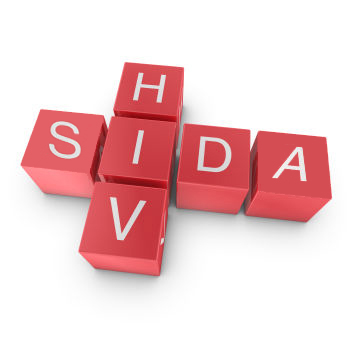
Pneumococcal conjugated vaccines semyvalentnom (PCV7) is managed by Portugal since the end of 2001 in the private sector. To evaluate the impact of PCV7 use, serotypes and antimicrobial sensitivity of pneumococci causing invasive disease in Portugal in the period 2003-2005 were identified and compared with available data for the period 1999-2002. Changes in the distribution of serotypes are compatible with the introduction of PCV7 were shown to children, or = 5 years, starting in 2003 and adults since 2004. PCV7 use with coverage of 43% of children with four doses of the 2004 cohort, though well below universal coverage probably contributed significantly reduced proportion of invasive infections caused by vaccine serotypes 4, 6B, 14 and 23F. In addition, a significant indirect effect on the strattera distribution of serotypes pneumococci that cause infections in adults was noted with decreasing proportion of invasive infections caused by serotypes 4, 5 and 14. These changes were accompanied by an increase in the share of two no vaccine serotypes: 19A isolates in all age groups and 7F isolates in adults. Whereas serotypes 6B, 14 and 19A were associated with multidrug resistance, isolates expressing serotypes 4 and 7F were fully susceptible to more parts. There were no changes in proportion of isolates in each serotype and, despite the changes in serotype prevalence, there was no overall reduction of infections caused by resistant pneumococci. .
No comments:
Post a Comment